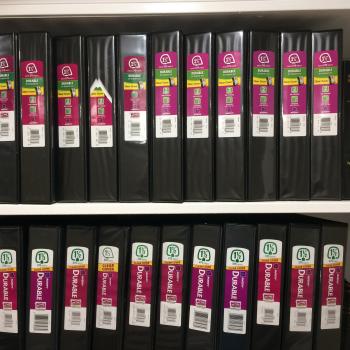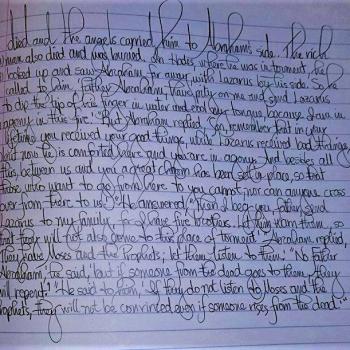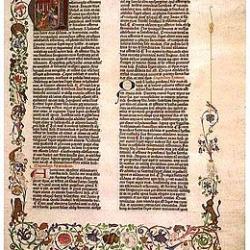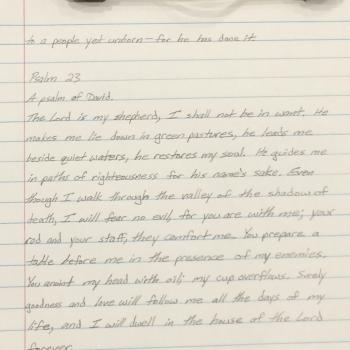“When the Lord your God has destroyed the nations whose land he is giving you, and when you have driven them out and settled in their towns and houses, 2 then set aside for yourselves three cities in the land the Lord your God is giving you to possess. 3 Determine the distances involved and divide into three parts the land the Lord your God is giving you as an inheritance, so that a person who kills someone may flee for refuge to one of these cities. 4 This is the rule concerning anyone who kills a person and flees there for safety—anyone who kills a neighbor unintentionally, without malice aforethought.” -Deuteronomy 19:1-4
Cities of refuge were designated in ancient Israel for a single purpose–to give a safe place for those who had accidentally killed someone. The safety was from those family members who would seek revenge.
This simple idea has led to some churches today labeling their church buildings a “city of refuge” to harbor those in danger for a variety of reasons. But is this the same thing?
Not really. Protecting someone from murder is much different form protecting someone from arrest for breaking a law. While the principle of protection remains, the purpose is different.
These words remind me of the need to be careful how we label our modern acts of mercy or our ministries. Some call their ministries “crusades” for example, without realizing the animosity this label produces among certain groups of people. One ministry labelled its training program as being for “Centurions” to train Christian leaders, though centurions were leading Roman soldiers. Such terminology is not only inaccurate, but can be detrimental to effective service.
We are called to be a refuge to those in need; we’re just doing it differently than the Cities of Refuge of ancient Israel. Keeping our names in this area and others separate can certainly help us better communicate the true motive of our actions–compassion–without inferring a meaning not found in Scripture.
Let’s talk about it on Facebook! Share your thoughts, pictures, or videos on handwriting Scripture.
+++
Dillon Burroughs is the author and coauthor of numerous books and is handwriting a copy of all 31,173 verses of the Bible at HolyWritProject.com. Find out more about Dillon at Facebook.com/readdB or readdB.com.











